Support for international mobility within the STER NAWA project – results
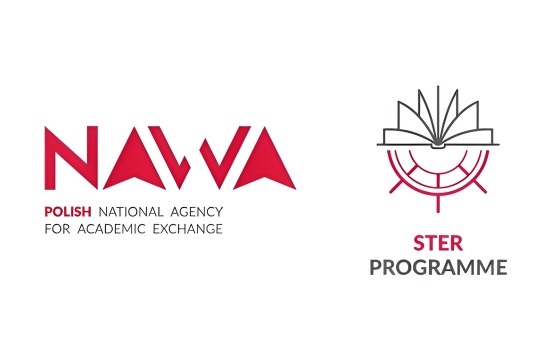

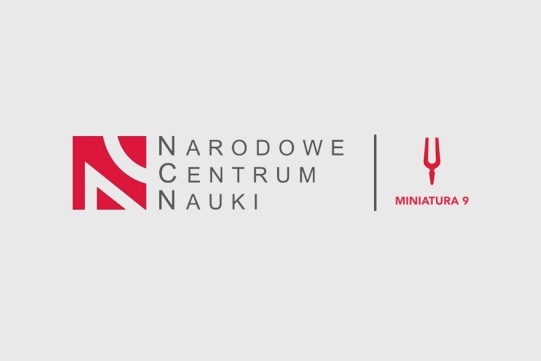
Projects from Gdańsk University of Technology that Received Funding:
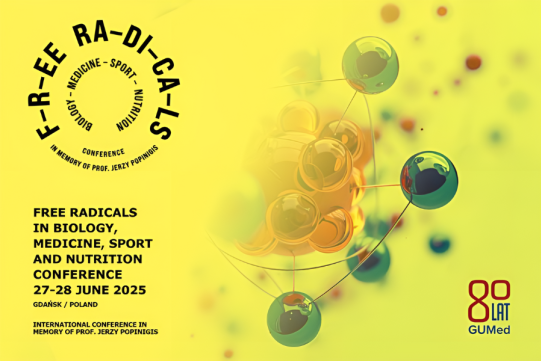
This is the second edition of this interdisciplinary conference dedicated to free radicals and their role in biology, medicine, sports, and nutrition. The program includes four thematic scientific sessions, panel discussions, and opportunities to exchange knowledge with international experts from the USA, Japan, Italy, Canada, the United Kingdom, and Poland.
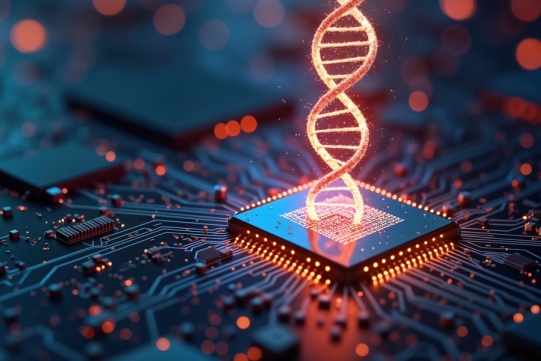
Their research, initially focused on the development of so-called “decision chromosomes,” “decision genes,” and “Decision DNA,” opened new avenues in the field of information processing. Today, through the convergence of biology, computer science, medicine, and artificial intelligence, the team addresses one of the most ambitious challenges in contemporary medicine: the automation of karyotype analysis.
What is a karyotype?
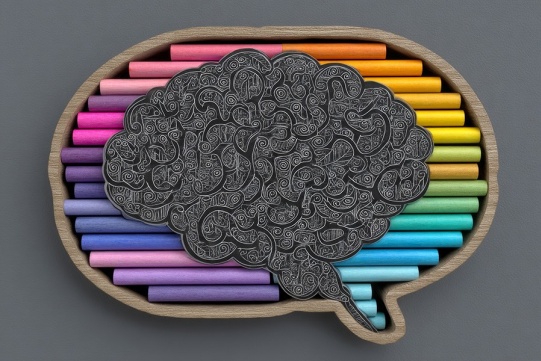
Unlike traditional approaches, which aim to “fit” employees into normative frameworks, this concept proposes creating a space in which each person – regardless of their cognitive profile – can grow, be themselves, and contribute in unique ways. The article emphasizes that management grounded in autonomy, equality, and higher purpose may foster greater neurodiversity within organizations. This model could form the basis for future diversity and inclusion policies in the workplace.
Research funders, institutions and publishers are increasingly talking about Open Research. As a broad term which encourages accessibility, transparency and reproducibility of research and supporting information, Open Research includes the practices of sharing data, code, preprints, methods, or working in new ways such as Registered Reports. In this webinar, aimed at researchers in the sciences, we will present the core tenets of open research and give relevant examples. There will be time for discussion and Q&A.

Anna Michalik-Basińska, MA
Rector's Assistant
Rectorate
Main Building, room no. 269
+48 58 347 12 69
+48 58 347 27 47
anna.michalik@pg.edu.pl
rektor@pg.edu.pl
Organizational and office support for the Rector's and Vice-Rectors' secretariats, including:
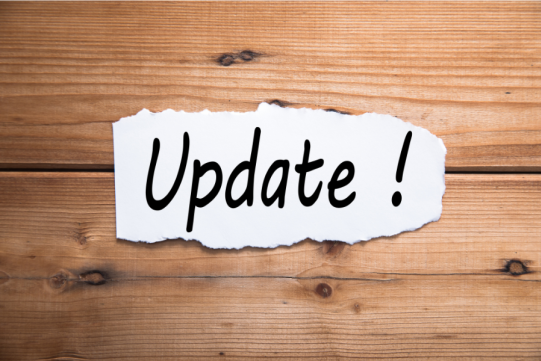
Changes apply to doctoral students performing a doctoral dissertation in the discipline of automation, electronics, electrical engineering and space technologies [AEEiTK], conducted by the Faculty of Electrical and Control Engineering.
The Rector’s Secretariats’ Office is a unit of the Gdańsk University of Technology located in the rector's department.
The scope of the Rector's Secretariat Department's activities includes comprehensive organizational and office support for the rector's and vice-rectors' secretariats, in close cooperation with the Rector's Office.